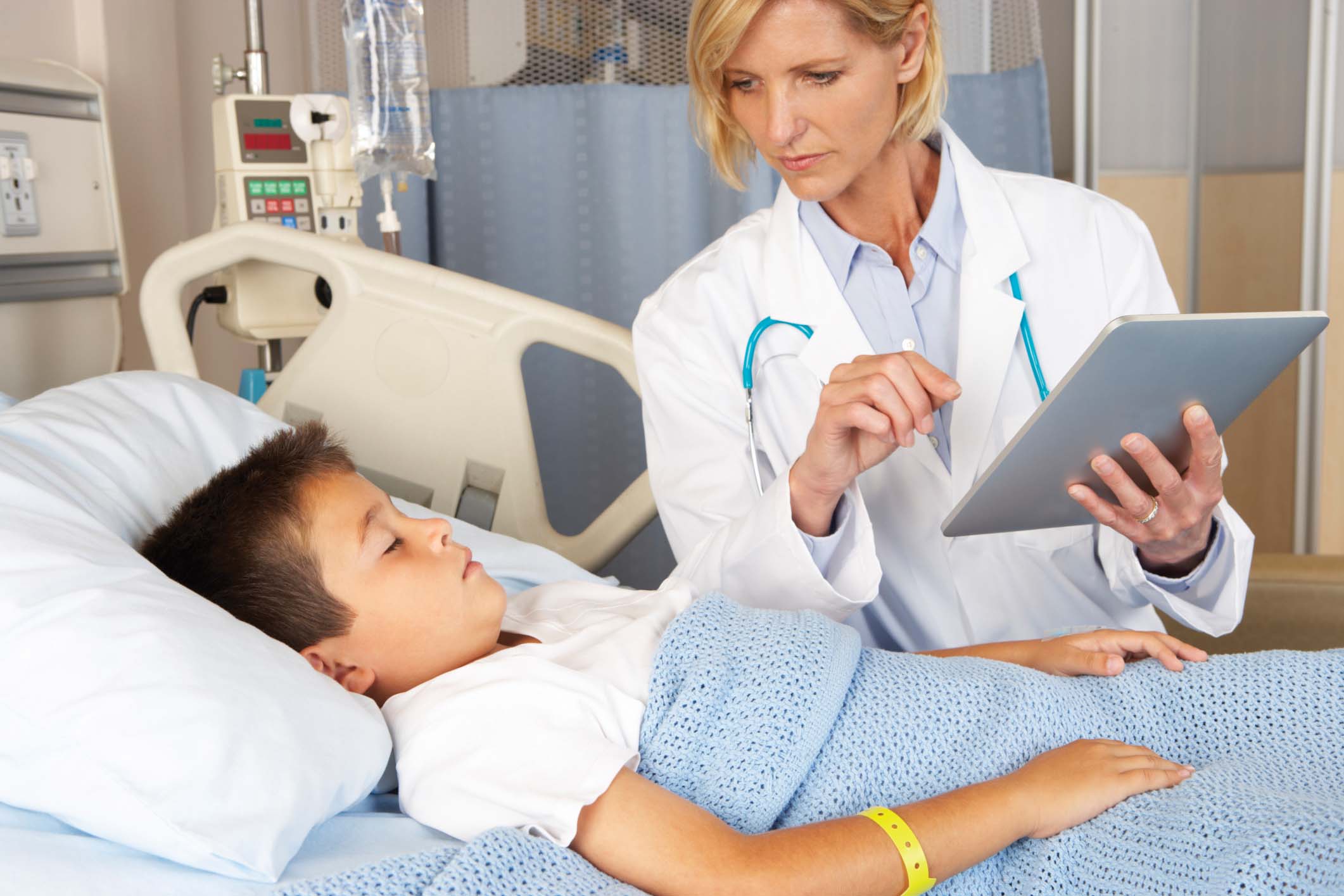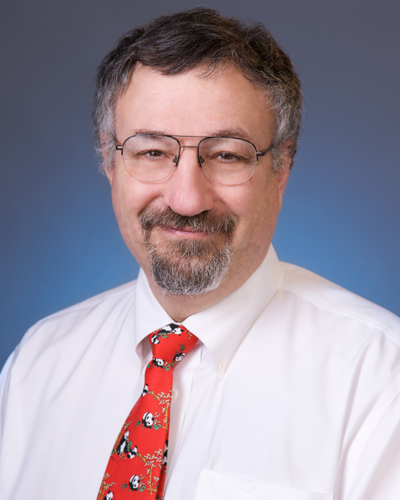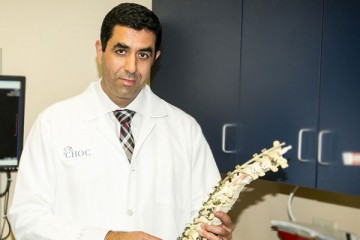Kids and PICS

A SERIOUS ILLNESS OR INJURY CAN BE A SCARY EXPERIENCE FOR A CHILD AND HIS OR HER FAMILY
Post Intensive Care Syndrome (PICS) is a relatively new constellation of symptoms given syndrome definition. PICS encompasses physical, cognitive and mental health issues affecting survivors of critical illness. Doctors are now focusing more on identifying children and families at risk, and instituting preventative and treatment programs. “Surviving a critical illness is not the end of the saga,” says Dr. Lubinsky. “Today we have many more survivors from the Pediatric Intensive Care Unit (PICU) than in the past. (97% at CHOC) We are focusing on rehabilitation and re-integrating them into life. The quality of life of survivors of critical illness must be addressed from the first day, and is being woven into the treatment plan. Simply surviving is an insufficient goal.”
FAMILY INVOLVEMENT
“Family centered care promotes involvement in the patient’s care and has changed the environment of care in the PICU,” says Dr. Lubinsky. “Through the increased involvement of families in the child’s care and by minimizing the side effects of sedative medications, patients and families are involved as members of the team.” Parents give input and are given as much control as possible. Doctors discuss the illness and plan with the children. “There are no secrets with the kids,” says Dr. Lubinsky. “We help them to understand.” Care is improved when everyone is involved and understands. “We also have an increased understanding of the side effects of some of the care, e.g. minimizing the side effects of sedative medications, and exercising as much as possible,” says Dr. Lubinsky. “The care is improved when they understand all aspects.”
PREVENTING PICS IN FAMILIES
“It is vitally important for family members to take care of themselves,” says Dr. Lubinsky. His advice for families: “Be involved in the care. We like families to participate in rounds and learn what’s going on. They should have maximum understanding and control. They see that there is a team of people caring for their child and we are open and honest. Families should participate in care. Read to the patient. Keep them oriented. Change a diaper. Those normal activities that you otherwise would be doing are a normal part of coping and feeling like you are a part of the team. I encourage parents to stay with their child as much as possible. It’s a lot better for parents to be there while the child is receiving care. Imagination is worse than reality.”
WHAT IS PTSD?
Families with a very sick child or child in the PICU can be stressed, exhausted, anxious, depressed and feel a sense of grief, all of which can affect their quality of life. Symptoms can include (among others):
- Persistent re-experiencing of the trauma, or flashbacks
- Irritability
- Difficulty sleeping
FAST FACTS
- Number of days required to recover from one day in an ICU bed: 3
- Percent of family members of a child in the PICU who will develop PTSD: 10.5 – 21 %
- Percent of PICU children who will develop PTSD after a critical illness: 5 – 28 %
Meet Dr. Lubinsky - CHOC Physician
Dr. Paul Lubinsky is the associate director of the Pediatric Intensive Care Unit at CHOC. He specializes in caring for critically ill children with respiratory and cardiac failure as well as neurological emergencies. He is president of the PSF and Medical Director of CHOC Specialists and is an associate clinical professor at UC Irvine.
Dr. Lubinsky’s philosophy of care: “When a child is admitted to the hospital, it can be just as scary for the parents as it is for the child. The team treats the whole family. We treat the entire family with the greatest compassion and understanding.”
EDUCATION
University of Cape Town, South Africa
Pediatric Residency and Chief Resident UCI
Critical Care Fellowship CHOC
BOARD CERTIFICATIONS
Pediatrics Pediatric Critical Care

Knowledge is the best medicine. Learn more about your child's health in these features from the experts at CHOC.
Kids and Asthma
Asthma can be hard to diagnose in a young child and the symptoms can be mistaken for another illness. Children with asthma often have other conditions.
Kids and Hormones
Every little boy and girl grows up and goes through the stage of life called puberty. Hormones are responsible for many of the changes that they go through.















